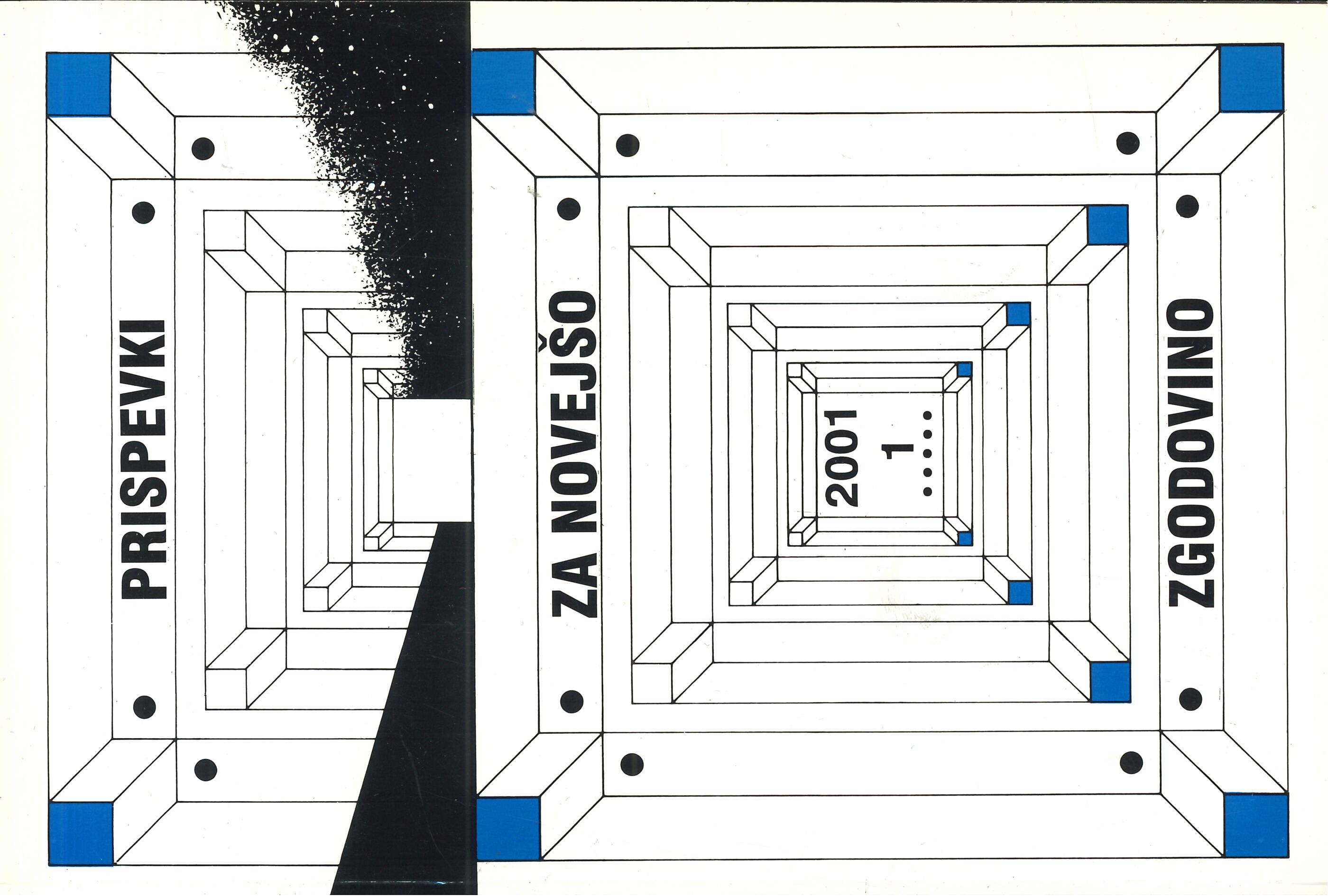Niko Županič in vprašanje jugoslovanstva; med politiko in antropologijo (1901-1941)
Between Politics and Anthropology (1901-1941)
Ključne besede:
Avstro-Ogrska, jugoslovanstvo, Jugoslovanski odbor, Kraljevina Jugoslavija, Narodna radikalna stranka, unitarizem, Srbija, narodni stereotipi, Balkan, antropologija, etnologija, rasna teorijaPovzetek
Biografska skica slovenskega antropologa in etnologa Nika Županiča (1876-1961) je izhodišče za razpravo o unitarnem jugoslovanstvu med Slovenci od zgodnjega 20. stoletja do 1941. Županič izvira iz Bele krajine in je študiral zgodovino, geografijo in etnologijo na dunajski univerzi. Leta 1907 se je preselil v Beograd, kjer je delal kot kustos v Zgodovinskoumetnostnem muzeju in v Etnografskem muzeju. Med prvo svetovno vojno je bil član Jugoslovanskega odbora. Vrnil se je v Slovenijo leta 1921, kjer je postal ravnatelj Etnografskega muzeja v Ljubljani. Leta 1922/23 je bil nekaj mesecev minister v jugoslovanski vladi radikala Nikole Pašića, a njegovi poskusi etablirati Narodno radikalno stranko v Sloveniji, so bili neuspešni. Vzroke za ta neuspeh lahko najedemo v političnem spektru v Sloveniji, ki je bil tedaj že precej oblikovan, in liberalci so veljali kot boljši predstavniki unitarističnega jugoslovanstva. Med svojo politično kariero si je Niko Županič prizadeval za koncepcijo biologistične različice unitarističnega jugoslovanstva, ki je bila pod vplivom srbskega geografa Jovana Cvijića in je temeljila na pristopu "rasne znanosti". Določila je Jugoslovane za dominanten narod na Balkanu, ki je na isti ravni kot "germanska rasa", medtem ko so bili Albanci, Grki in delno Bolgari manjvredni. Zdi se, da je to slovanska reakcija na nemške rasistične ideje, ki so bile aktualne na Dunaju zgodjnega 20. stoletja.
Literatura
Prenosi
Objavljeno
Številka
Rubrika
Licenca
Avtorji prispevkov, objavljenih v tej reviji, soglašajo z naslednjimi pogoji glede avtorskih pravic:
- Avtorji ohranijo avtorske pravice, reviji pa odobrijo pravico do prve objave. Delo se hkrati zaščiti z licenco za prosto uporabo avtorskih del (Creative Commons Attribution License), ki drugim osebam omogoča deljenje dela ob priznanju avtorstva in prve objave v tej reviji.
- Avtorji lahko sklenejo ločene dodatne pogodbene dogovore za neizključno distribucijo različice dela, objavljene v reviji, (npr. oddaja v institucionalni repozitorij ali objava v knjigi) z navedbo, da je bilo delo prvič objavljeno v tej reviji.
- Pred postopkom pošiljanja in med njim lahko avtorji delo objavijo v spletu (npr. v institucionalnih repozitorijih ali na svoji spletnih strani), k čemer jih tudi spodbujamo, saj lahko to prispeva k plodnim izmenjavam ter hitrejšemu in obsežnejšemu navajanju objavljenega dela (glej The Effect of Open Access).


